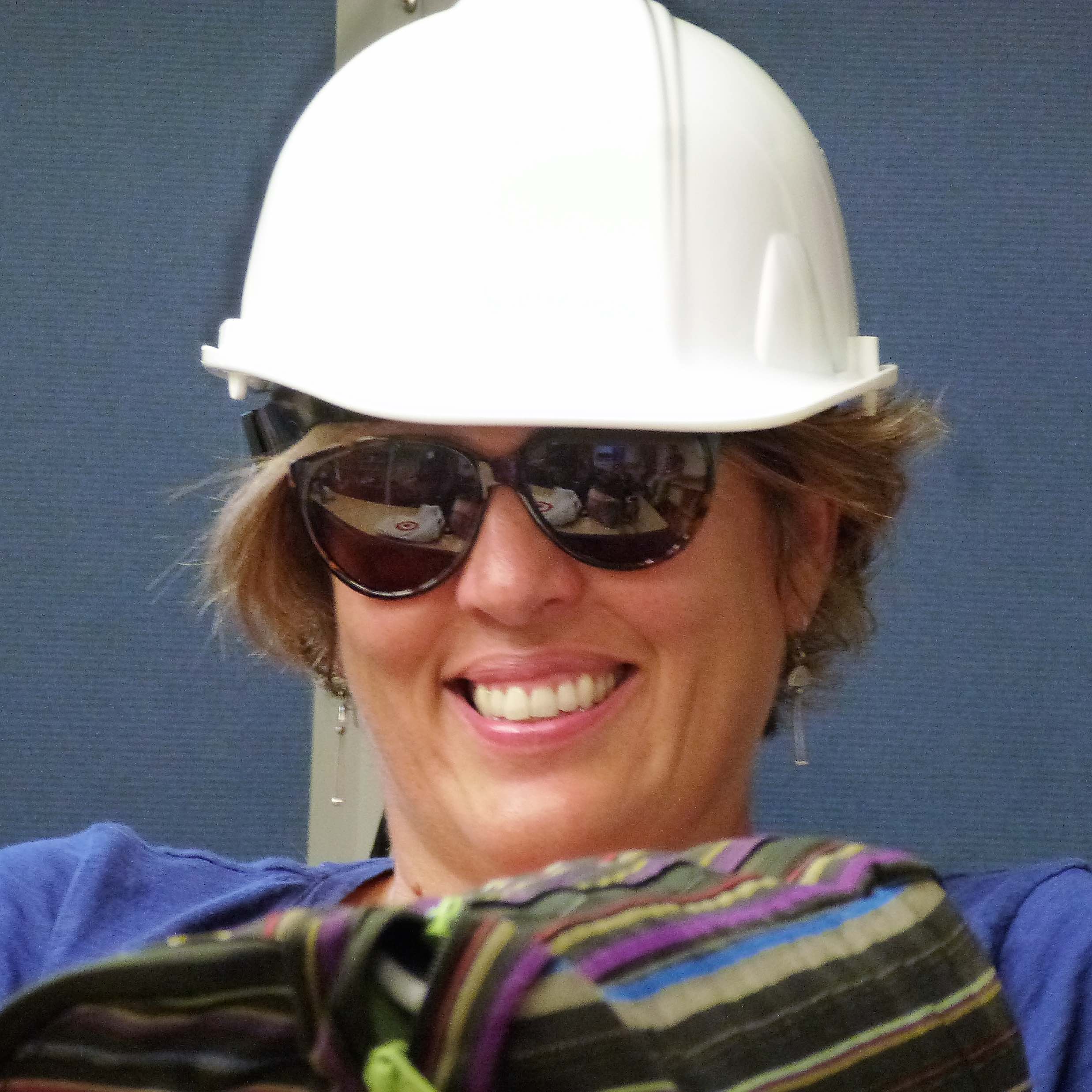
Beth Christensen, Professor and Founding Chair
christensenb@rowan.edu
856-256-5251
Discovery Hall, Room 225
Key words: oceanography, climate change, marine geology, continental margin, micropaleontology
My research is focused on continental margins of NJ, NY, and around the world (New Zealand, western Africa, and currently, Australia). I use microfossils (foraminifera), sediments, and sediment geochemistry to understand how oceans have evolved and gain insight into continental climate changes on many different time scales. Recent projects include the impact of Hurricane Sandy on the coastal system and climate change in Australia over the last 5 million years. Most of my work is in collaboration with scientists participating in the International Ocean Discovery Program (IODP) and so is international by design.
|
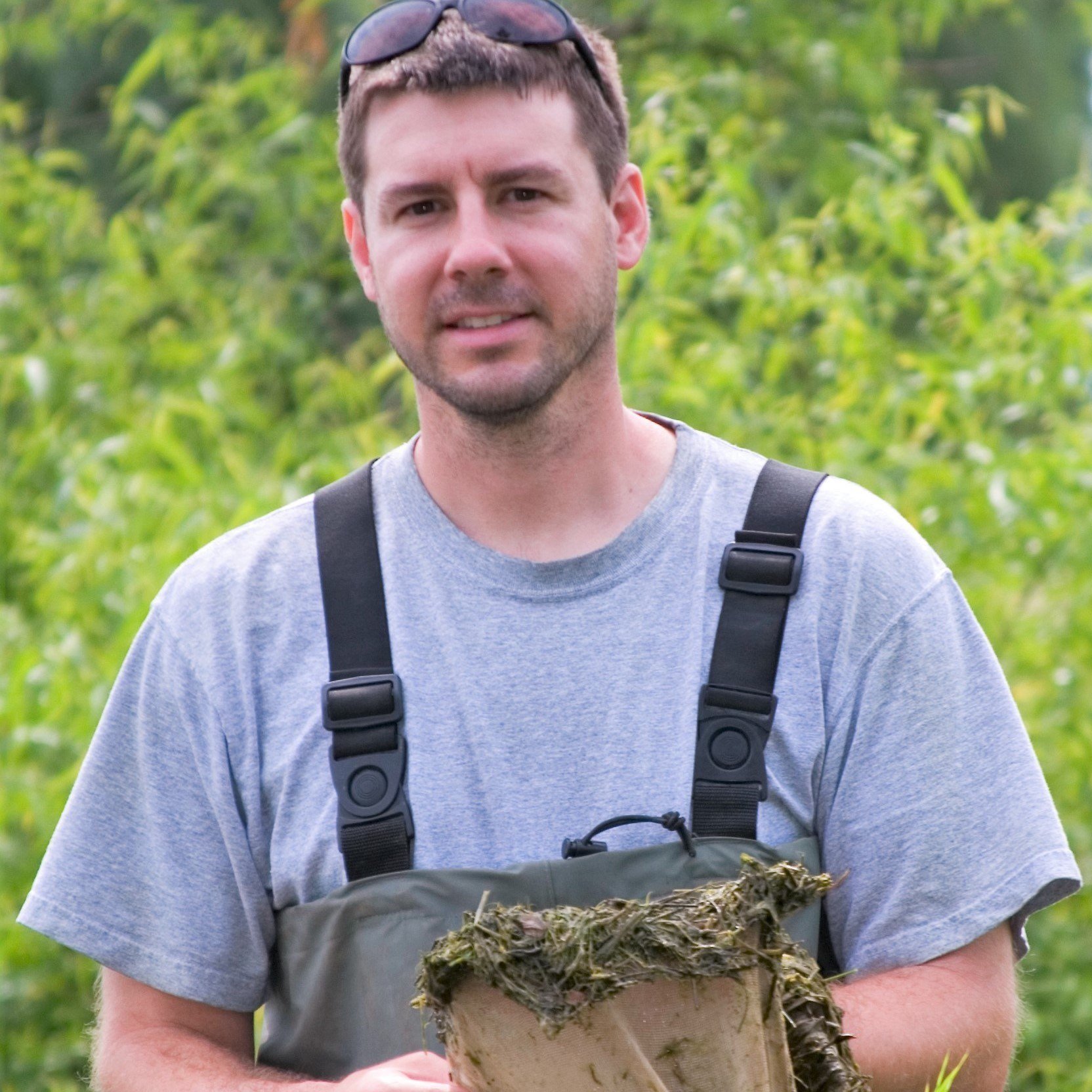
Patrick Crumrine, Associate Professor
(joint appointment with Biological Sciences)
crumrine@rowan.edu
856-256-4500 ext. 53123
Discovery Hall, Room 322
Digital Works
Key words: predator-prey interactions, anthropogenic effects, population and community ecology, aquatic ecosystems
I use a combination of observational, comparative, and experimental methods to study the factors that shape community structure, primarily in aquatic systems. Much of my work has examined predator-prey interactions in size-structured populations using a variety of organisms including: aquatic insects, snails, amphibians, and trematode parasites. I am also interested in ecotoxicology and have studied how agricultural pesticides and pharmaceuticals affect aquatic organisms. Most recently, I have become involved in a project examining the role of urbanization and land use change on aquatic turtle population structure.
|
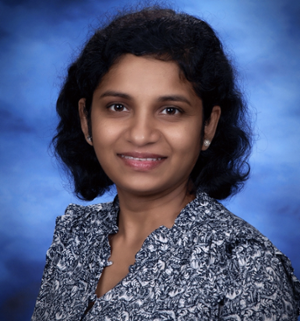
Thivanka Ariyarathna, Assistant Professor
ariyarathna@rowan.edu
856-256-5289
Discovery Hall, Room 323
Key words: environmental pollutants, contaminant monitoring, biodegradation, bioaccumulation, bioremediation, stable isotopes, sedimentary biomarkers
I study distribution, fate, and transport of environmental pollutants in different aquatic environments from small freshwater tributaries to coastal marine ecosystems. I evaluate removal of pollutants from aquatic systems via adsorption onto sediment and microbial degradation. Moreover, I study bioaccumulation of these pollutants in ecosystem food web structure. My research investigates how environmental parameters affect the fate and transport processes of contaminants in aquatic systems and utlizes stable isotopes as a tool. I am interested in extending current research to explore cost-effective bioremediation strategies for widespread pollutants in the environment. In addition to the research in environmental pollutants, I also study human-induced changes in natural biogeochemical cycles using sedimentary biomarkers.
|
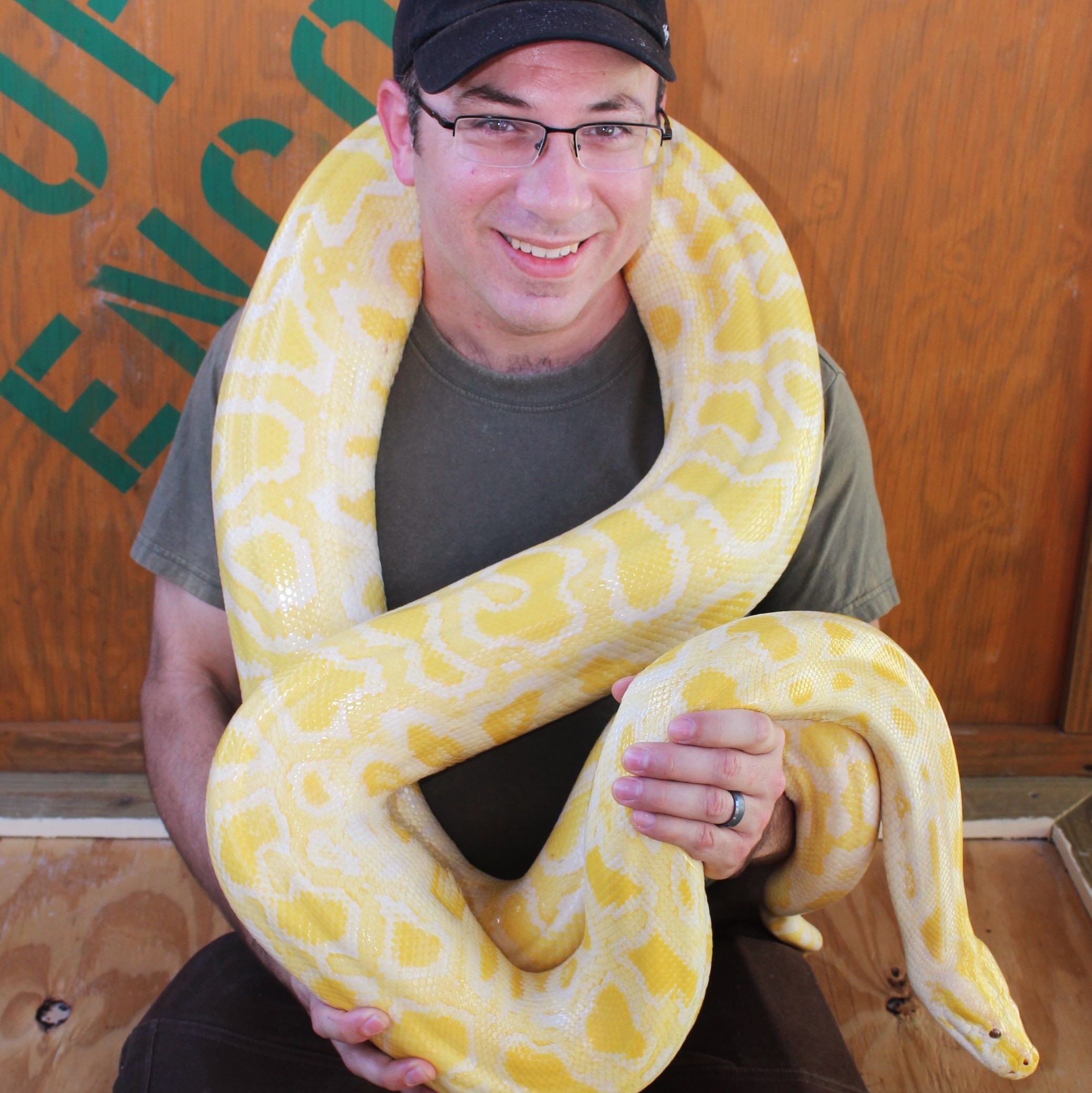
Daniel “Dan” Duran, Assistant Professor and Naturalist
duran@rowan.edu
856-256-5254
Discovery Hall, Room 325
Key words: systematics, taxonomy, conservation, biodiversity, ecosystem functioning
My interests are in the fields of systematics, taxonomy, and conservation. My research is primarily focused on biodiversity exploration and the discovery of 'cryptic species'; species that are distinct evolutionary units, but go undetected due to physical similarity with closely related species. I mostly use tiger beetles (Cicindelinae) as a study system. I am also interested in examining the important roles of insect and plant biodiversity in ecosystem functioning
|
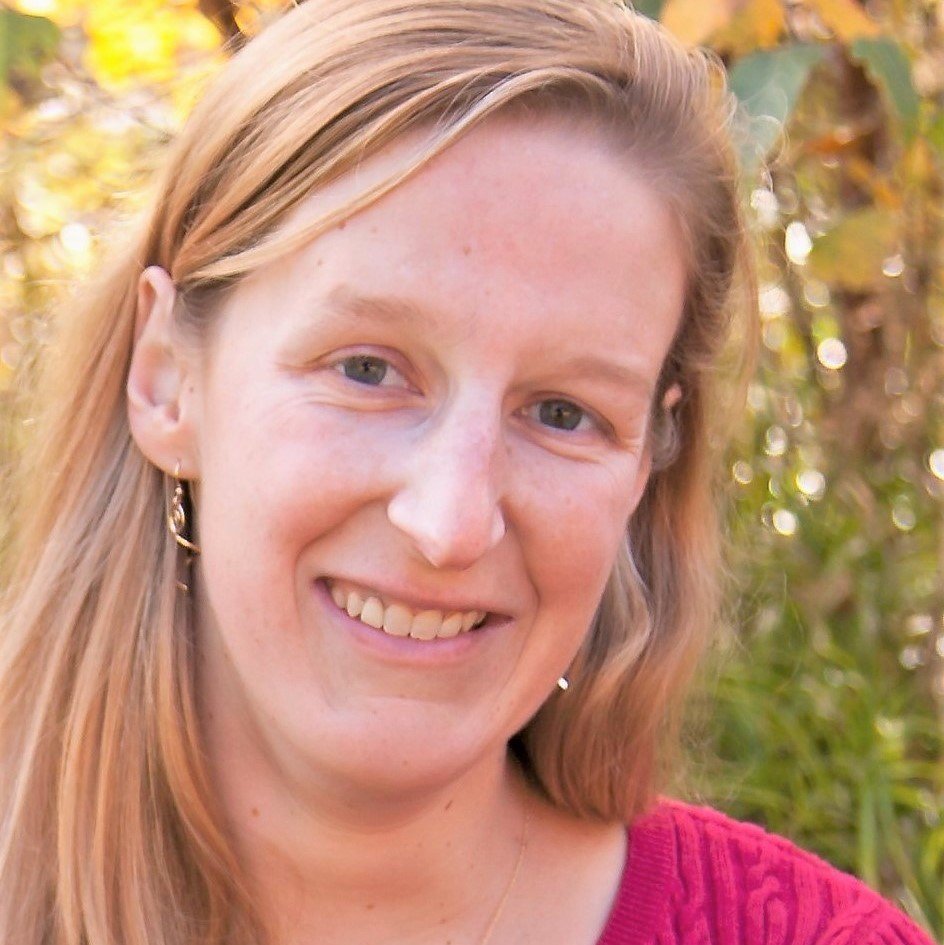
Andra Garner, Assistant Professor
garnera@rowan.edu
856-256-5209
Discovery Hall, Room 328
Key words: climate change, tropical cyclones, sea-level rise, storm surge, coastal flooding
My research has included studies investigating changing flood risk in New York City from the past millennium through 2300 CE due to tropical cyclones, storm surge, and sea-level rise, as well as projects related to the evolution of 21st century global sea-level rise projections. Currently, I am continuing research related to the impacts of a changing climate on natural hazards, including the effects of sea-level rise on tsunamis, and evolving characteristics of tropical cyclones and storm surge in a changing climate. In addition to working on innovative research projects related to climate change, I am committed to bringing this important science to the public. I have spoken about my work to a wide range of audiences at a number of venues, ranging from the NJ March for Science 2018 to high school classrooms.
|
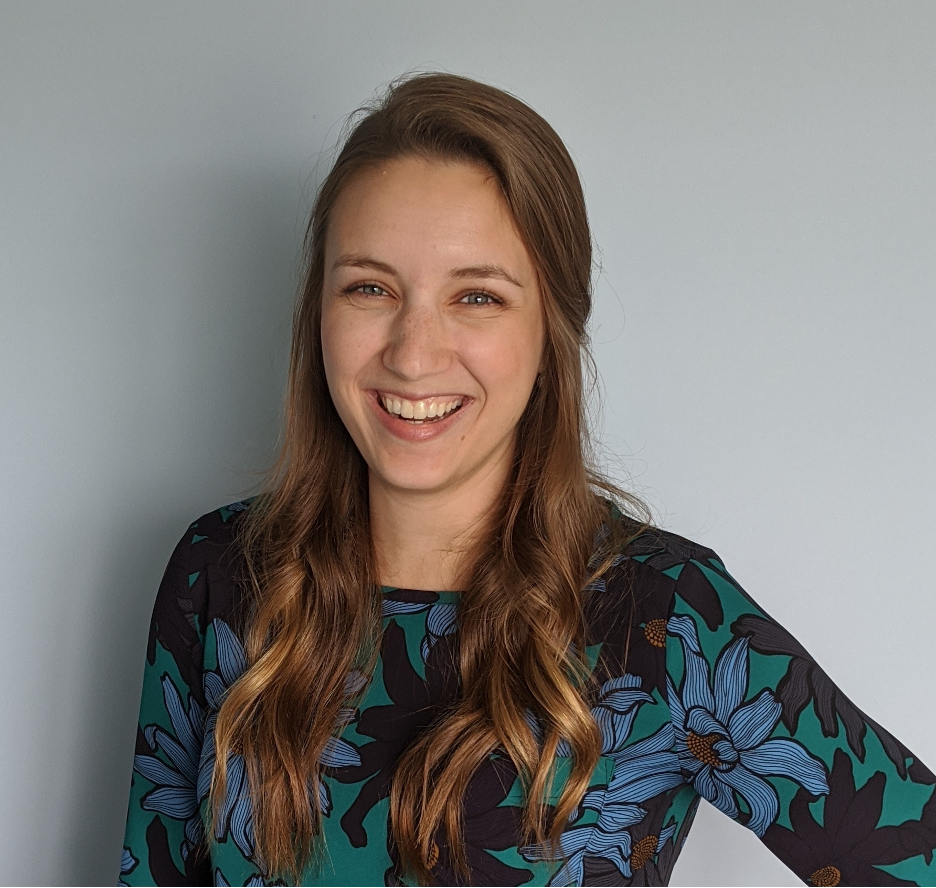
Lauren Kipp, Assistant Professor
kipp@rowan.edu
Discovery Hall, Room 327
Keywords: oceanography, radioactive isotopes, marine chemistry, geochemistry, climate change
I use naturally occurring radioactive isotopes to study the chemistry of the ocean. I have a particular interest in how the oceans influence, and are influenced by, climate change. Much of my research takes place in the Arctic, and is focused on understanding how rising air and sea temperatures are affecting interactions between the land and the Arctic Ocean. In the broader context of the global ocean, I use isotopes to study the transport of elements from boundary sources (including rivers, permafrost, hydrothermal vents, and continental shelves) to the coastal and open ocean.
|
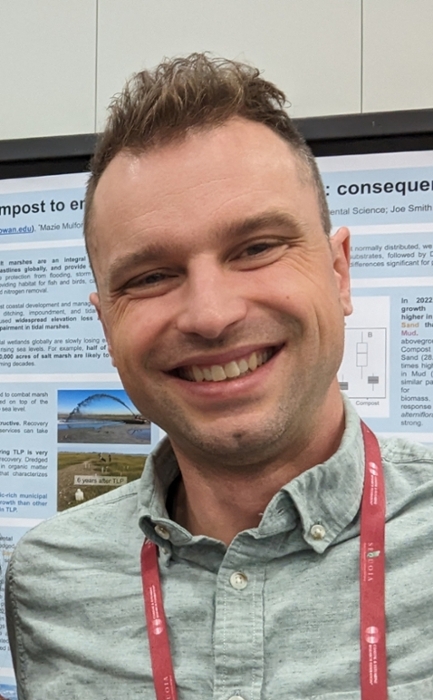
Charles Schutte, Assistant Professor
schutte@rowan.edu
856-256-5208
Discovery Hall, Room 329
Key words: biogeochemistry, elemental cycling, greenhouse gases, microbial processes, aquatic environments
I am a biogeochemist. I research nitrogen, carbon, and greenhouse gas cycling, with some sulfur on the side. I am particularly interested in how microbial processes alter the composition of groundwater and surface water that flows through sediment, and how these processes influence nutrient and greenhouse gas fluxes. My primary focus is on coastal systems, but I have experience (and enjoy!) working in a range of environments, from the Antarctic to the deep sea.
|
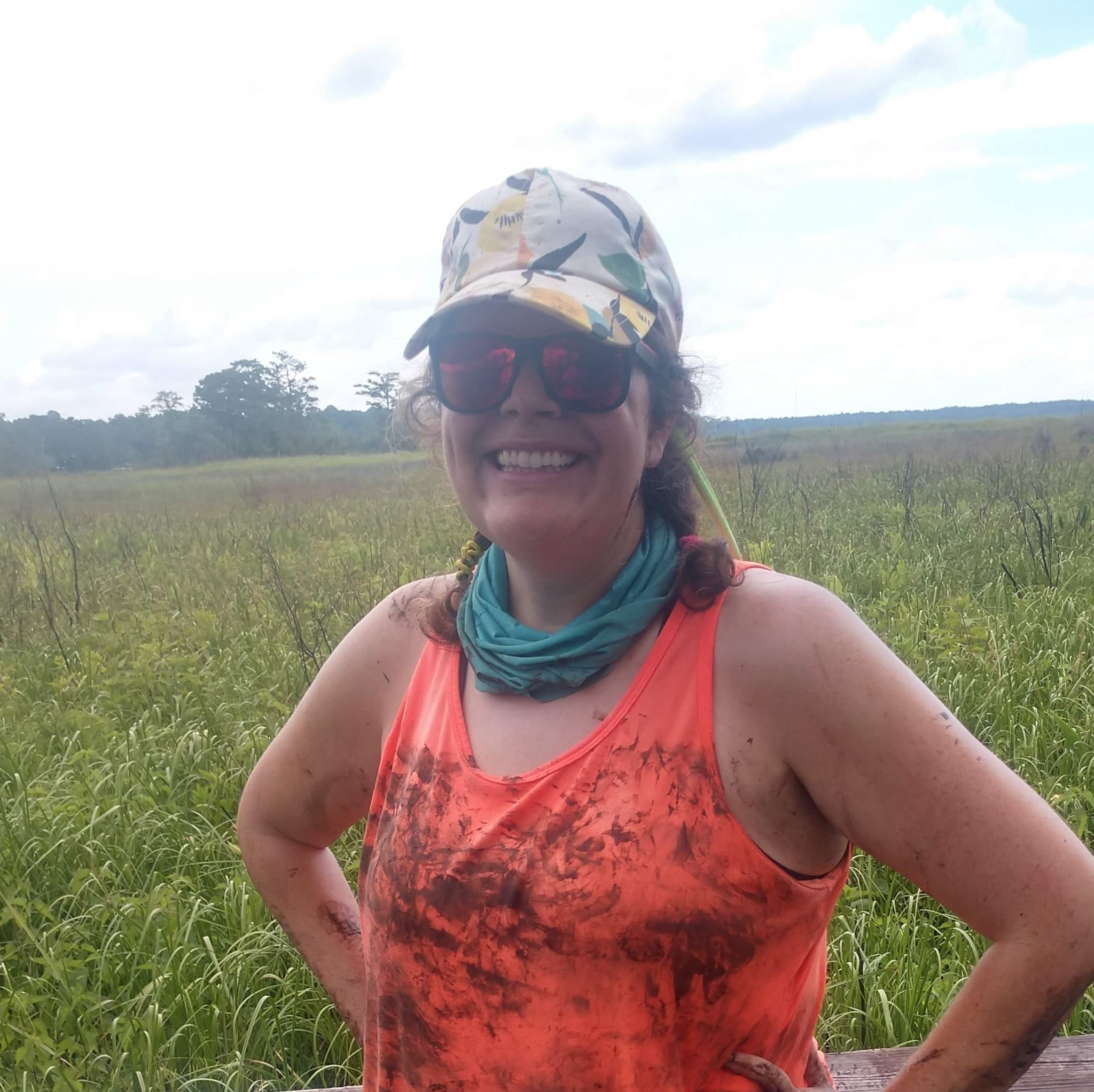
Corianne Tatariw, Assistant Professor
tatariw@rowan.edu
856-256-5253
Discovery Hall, Room 327
Key Words: ecosystem biogeochemistry, nitrogen, wetland, soil, human engineered system, microbial ecology
I am an ecosystem biogeochemist focused on the nitrogen cycle. My overarching research goal is to understand how human driven disturbances such as climate change and land use change impact the way variably inundated ecosystems (e.g., wetlands and marshes) process nitrogen. I use a combination of field measurements, lab experiments, and analytical equipment to measure nitrogen (and sometimes carbon) transformations. I have worked in upland forests, wetlands, tidal marshes, rivers, and ditches, and I am excited to give Environmental Science students the opportunity to explore these places too!
|

Jennifer Walker, Assistant Professor
walkerjs@rowan.edu
856-256-5247
Discovery Hall, Room 314A
Key words: sea-level rise, climate change, paleoclimate, micropaleontology, coastal environments
I am broadly interested in sea-level research and climate and how sea level rise into the future will affect coastal communities. My research examines past sea-level change to bridge the gap between short-term instrumental records and long-term geological reconstructions and to better understand future sea-level rise under changing climate. I focus on reconstructing Holocene sea-level changes along the U.S. Atlantic coast using biological and geological indicators, which are used to quantify rates of sea-level change and examine spatial and temporal variability. The goal of this research is to improve understanding of past sea level to better predict how sea level rise into the future will affect coastal systems and coastal communities.
|
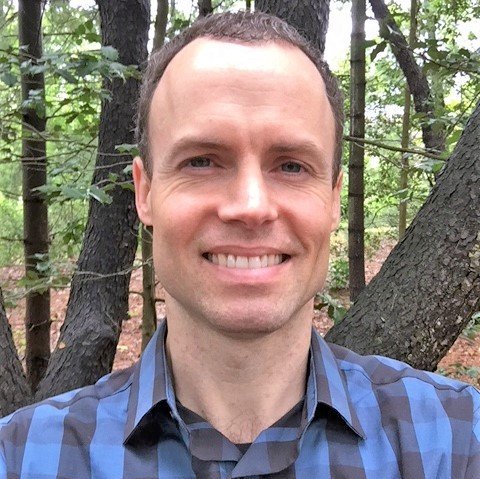
Elisha "Eli" Moore, Affiliate Researcher
mooreek@rowan.edu
Key words: geo-bio coevolution, global elemental cycling, origin of life, astrobiology, Deep-time Data Driven Discovery (4D)
I am an environmental chemist who studies interactions between the biosphere and the geosphere from present day to deep time. I am interested in how these interactions impacted the origin of life, evolution of microbial metabolism, and microorganism response to current changing environmental conditions. My lab group uses state-of-the-art instrumentation to examine and discover new biological molecules linked to environmental change. We also employ global data resources in order to develop new ways to investigate the history of life on Earth and elsewhere in the universe.
|

Benjamin Jelen, Postdoctoral Researcher
jelen@rowan.edu
Keywords: Geobiology, Bioinformatics, Evolution of Metabolism, Earth History
I am interested in the evolution of microbial electron transfer on Earth. My bioinformatics research helps describe the co-evolution of early Earth biology and geology. Protein structures contain information that help show how metabolism evolved from a small set of redox reactions to the complexity we see today. Understanding how life came to use the elements and energy available to it on our planet gives us insight into how it could accomplish this elsewhere.
|
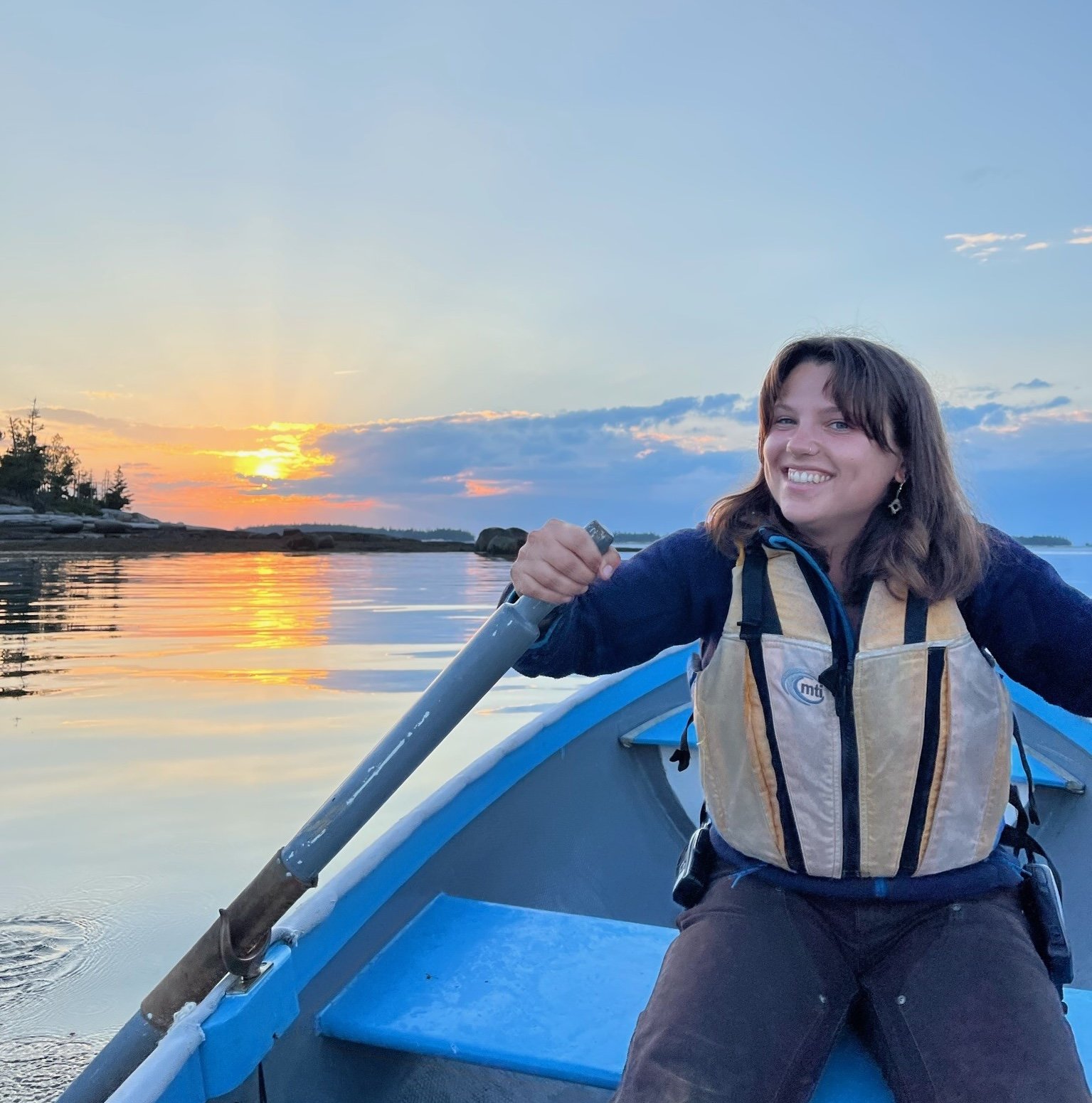
Gabrielle Rosenthal, Laboratory Technician
rosenthalg@rowan.edu
856-256-5245
Discovery Hall, Room 122
As a lab technician for the School of Earth & Environment, I support the needs of faculty and students to aid in Rowan's educational and scientific missions. My past experiences include research on primate nutrition and ecology, marine ecosystems including phytoplankton and shellfish aquaculture, and outdoor education.
|

Amanda Hogan, Administrative Assistant
hoganam@rowan.edu
856-256-5260
Discovery Hall, Room 218
I am happy to be a part of the School of Earth & Environment where great changes are being made daily. I have been a part of Rowan University since 2017, and a member of the School of Earth & Environment team since 2019. Please feel free to contact me with any questions.
|